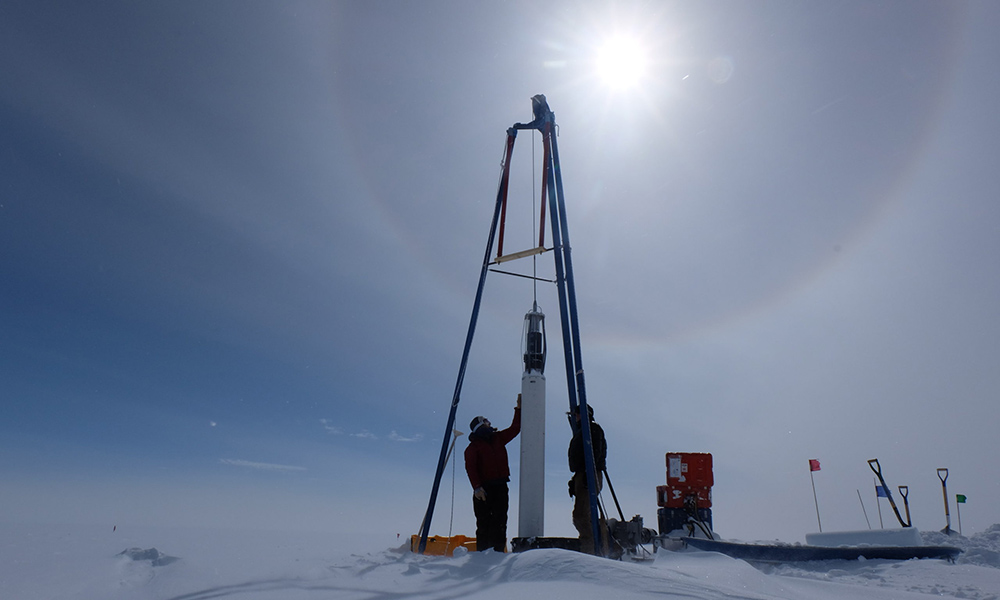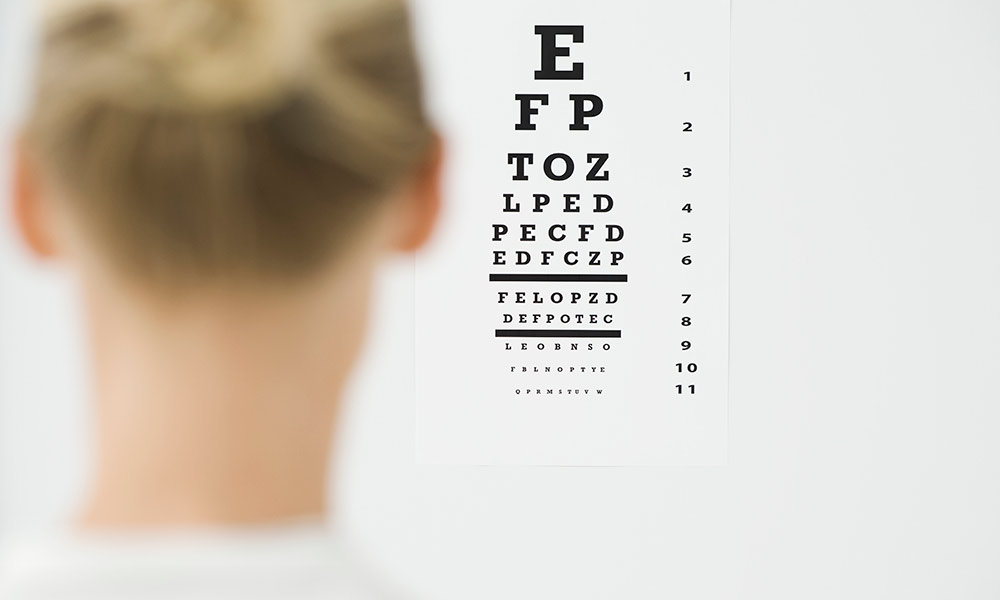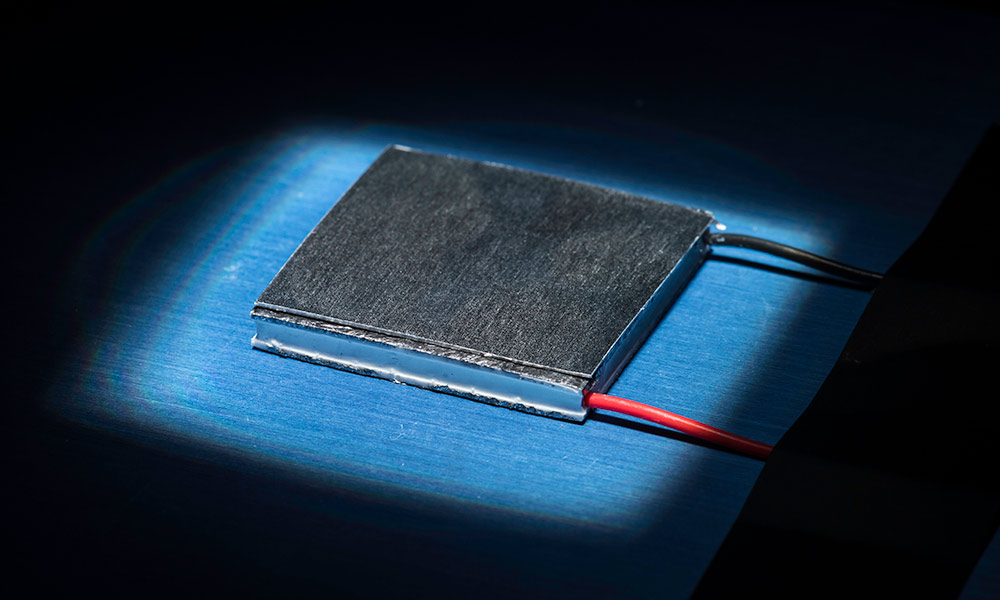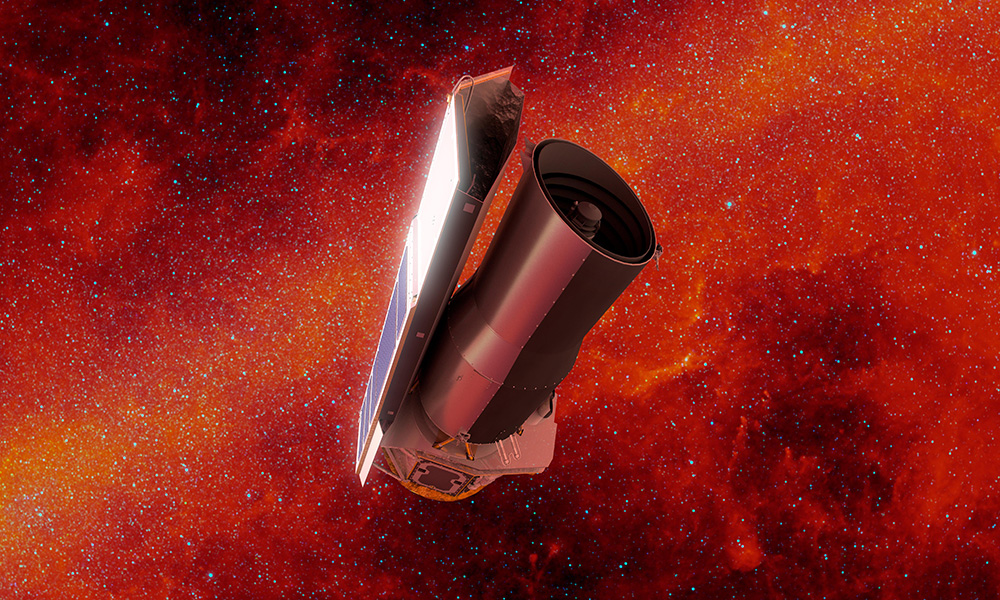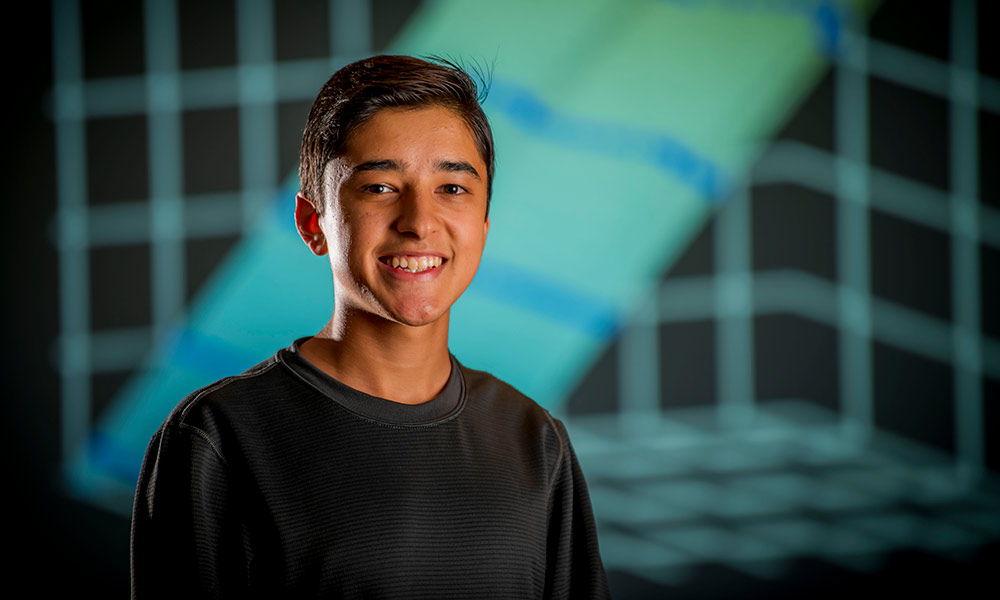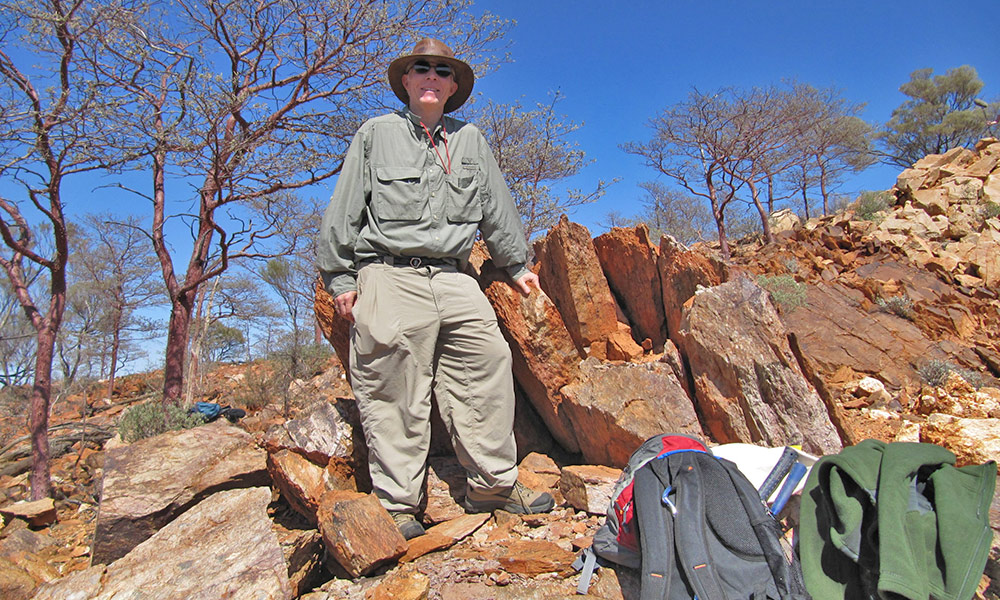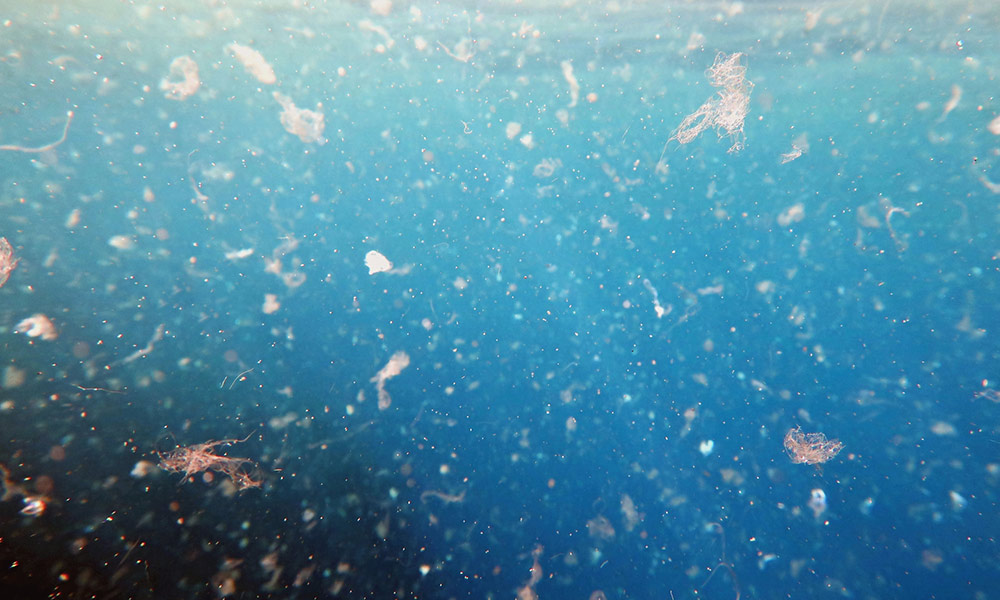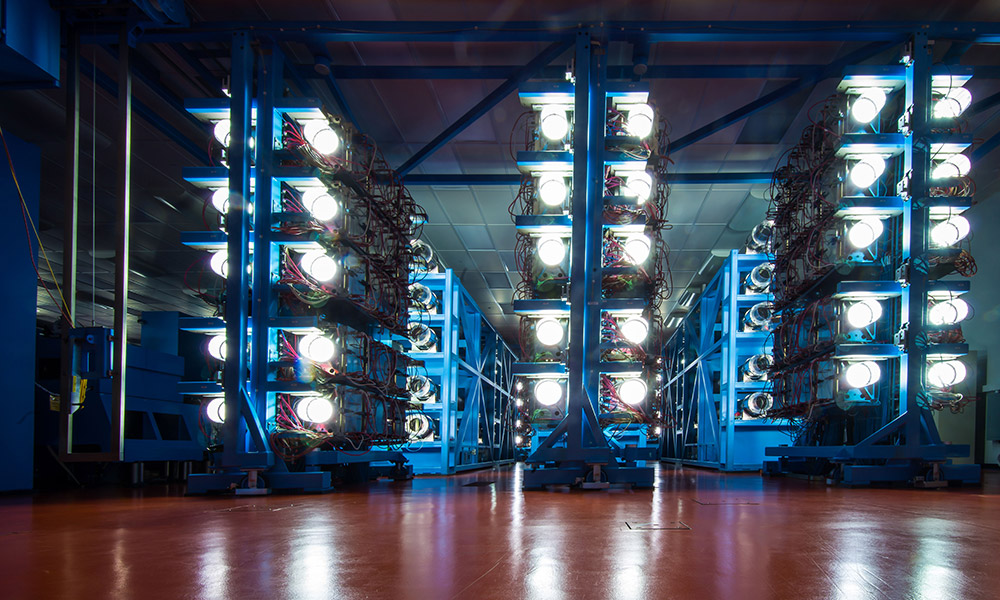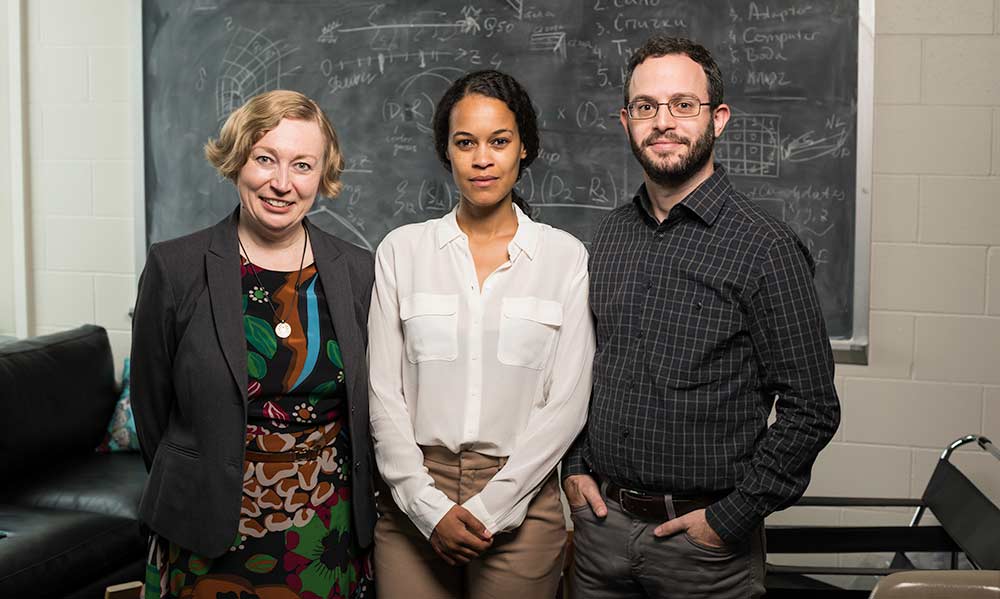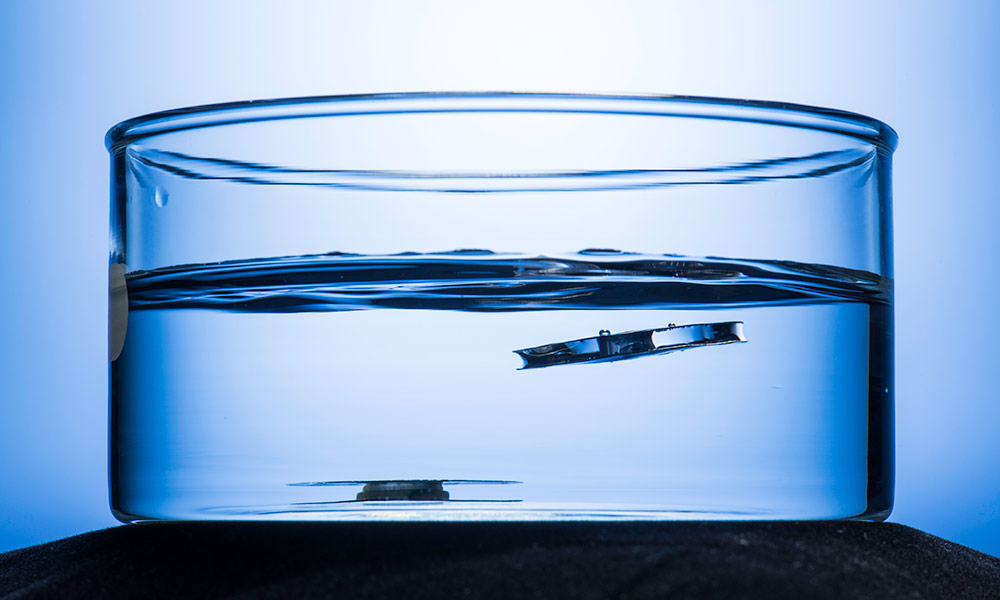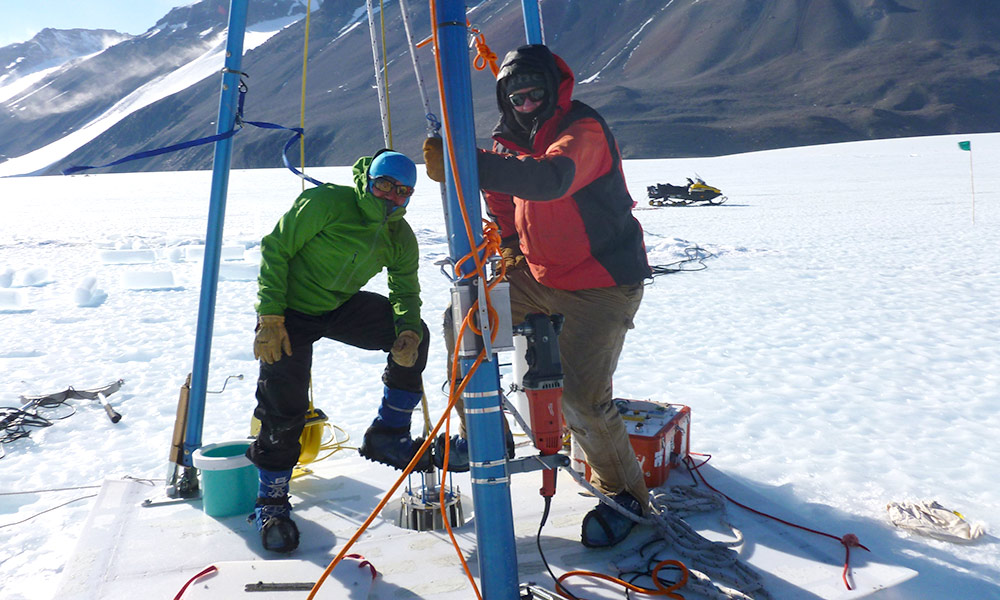
Science & Technology
To combat climate change, human activities more important than natural feedbacks
February 21, 2020
Permafrost in the soil and methane hydrates deep in the ocean are large reservoirs of ancient carbon. But even if methane is released from these large natural stores, new Rochester data shows that the bigger concern is methane released from human activities.

